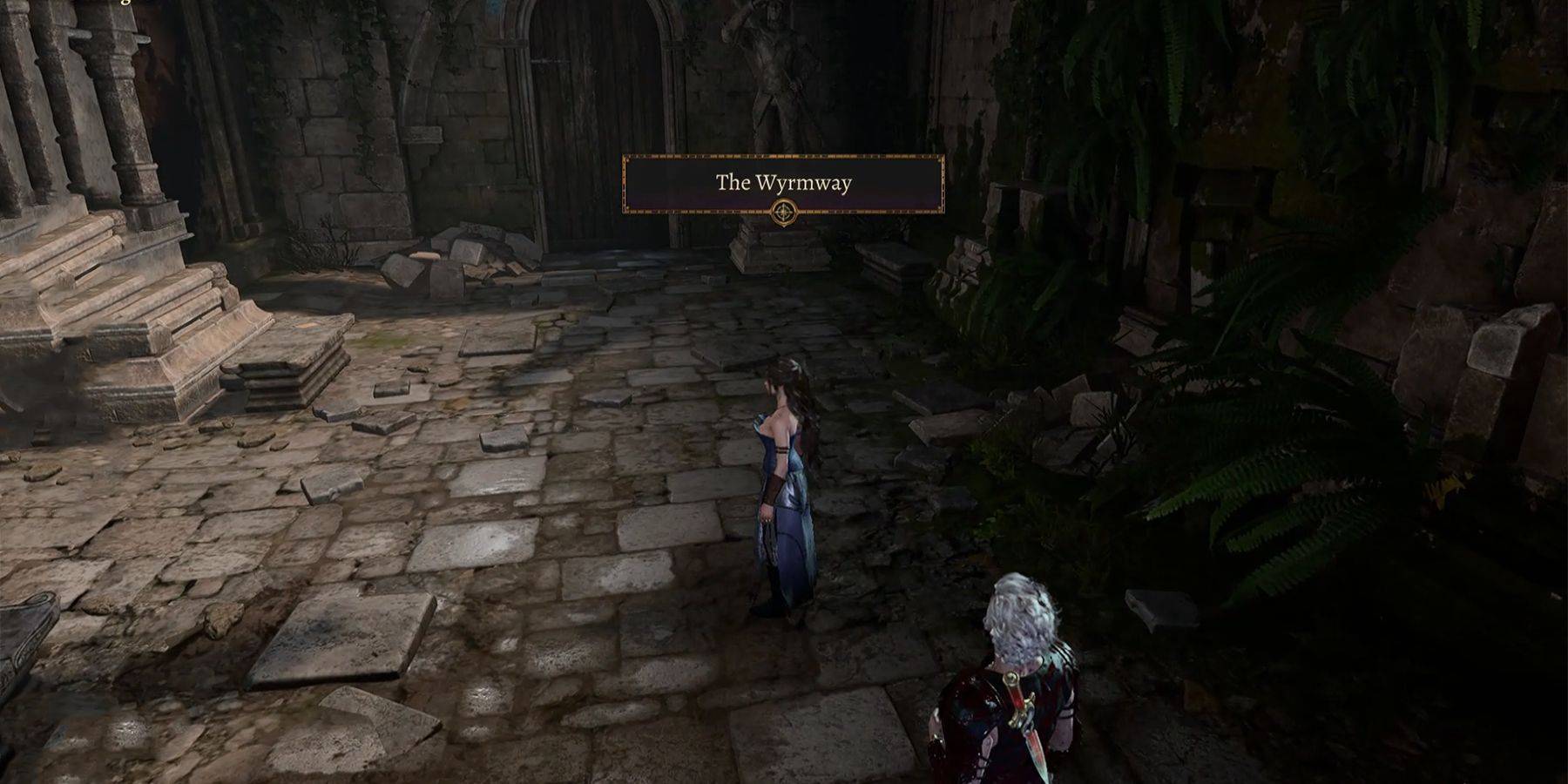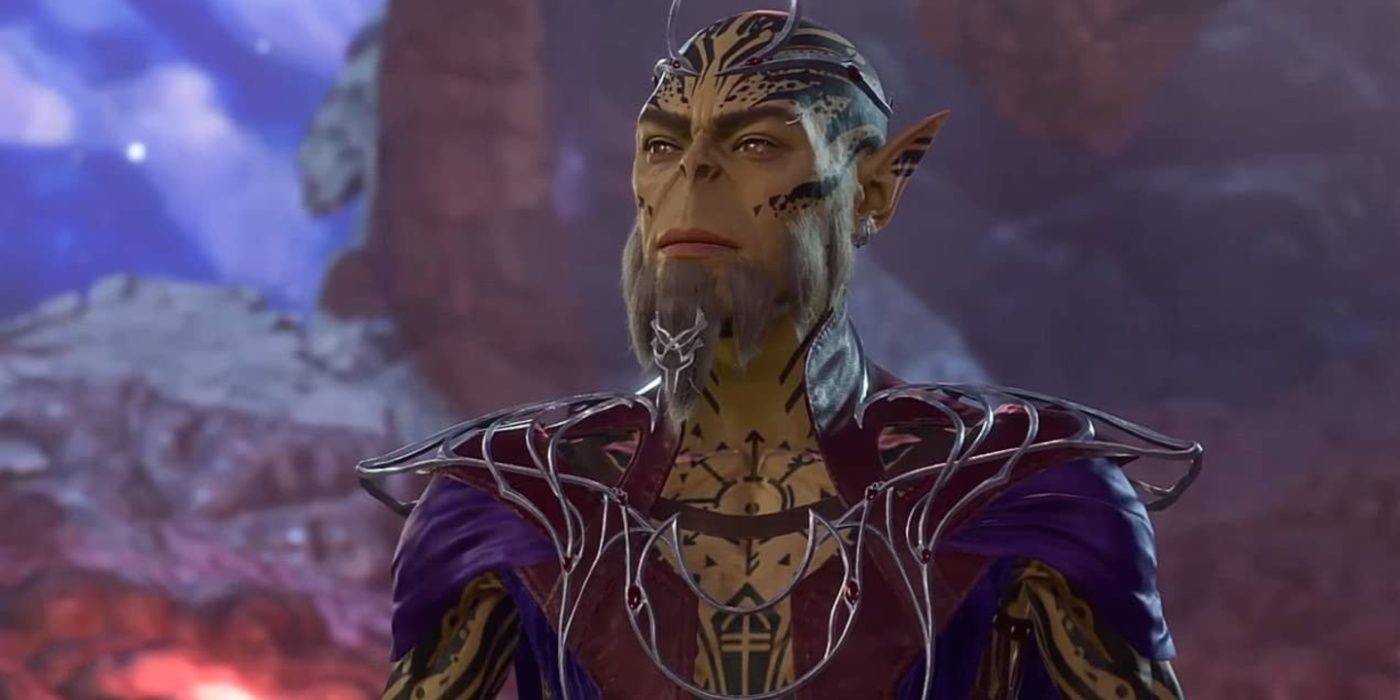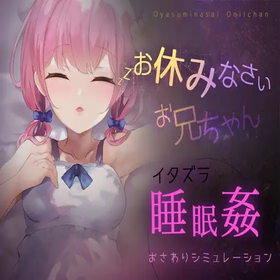Baldur\'s Gate 3: Should You Free Orpheus?
In Baldur's Gate 3's climactic moment, players face a pivotal choice: free the imprisoned Githyanki Prince Orpheus or let the Emperor handle the situation. This decision, made after acquiring the Orphic Hammer, profoundly impacts the party's fate and the world.

Updated February 29, 2024: Before confronting this dilemma, players must defeat Ketheric Throm, Lord Enver Gortash, and Orin, exploring Baldur's Gate's upper and lower districts. This final choice carries significant weight; companions might sacrifice themselves, demanding high skill checks (potentially a 30 roll) to influence their actions.
(Spoilers Ahead!)
Should You Free Orpheus?
This depends entirely on player preference. The Emperor warns that freeing Orpheus risks party members becoming Illithids (Mind Flayers).

-
Siding with the Emperor: Orpheus's knowledge is absorbed, potentially upsetting Lae'zel and Karlach. This ensures victory against the Netherbrain but might not please players attached to these companions.
-
Freeing Orpheus: The Emperor aligns with the Netherbrain. A party member might become a Mind Flayer, but Orpheus joins the battle, offering a potential sacrifice to save others.
Essentially, choose the Emperor to avoid becoming a Mind Flayer; free Orpheus if you're willing to risk it. The Emperor's choice might alienate Lae'zel and send Karlach back to Avernus.
The Moral Dilemma:
The "good" choice hinges on loyalty. Orpheus, as a rightful Githyanki ruler, opposes Vlaakith's tyranny. A Githyanki player might naturally side with him. However, following Voss and Lae'zel's demands might feel overly forceful. The Gith prioritize their own kind.
The Emperor, a generally benevolent figure, seeks to defeat the Netherbrain and aid the party. He accepts the possibility of sacrifice. Choosing him might lead to a Mind Flayer transformation, but a morally sound one. Remember, BG3 features multiple endings; strategic choices can lead to outcomes beneficial to all.





























